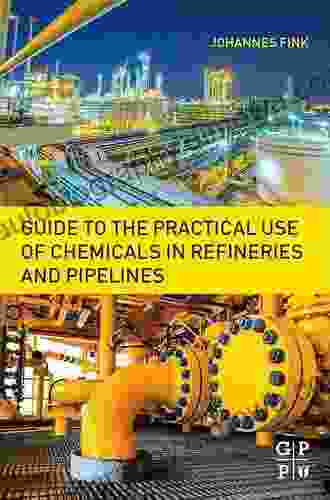Guide to the Practical Use of Chemicals in Refineries and Pipelines

The refining of crude oil and the transportation of refined products through pipelines are complex operations that rely heavily on the use of chemicals. These chemicals play a vital role in optimizing processes, enhancing safety, and maximizing efficiency in both refineries and pipelines. This comprehensive guide provides an in-depth exploration of the practical applications of chemicals in these industries, empowering professionals with the knowledge and expertise to make informed decisions and achieve optimal results.
4 out of 5
| Language | : | English |
| File size | : | 6542 KB |
| Text-to-Speech | : | Enabled |
| Screen Reader | : | Supported |
| Enhanced typesetting | : | Enabled |
| Print length | : | 240 pages |
Chemicals in Refining Operations
In refineries, chemicals are employed for a wide range of purposes, including:
- Corrosion Inhibition: Chemicals known as corrosion inhibitors are crucial for preventing the corrosive effects of crude oil, intermediate products, and water on refinery equipment. These inhibitors form a protective layer on metal surfaces, shielding them from attack and extending their lifespan.

- Demulsification: Demulsifiers are chemical agents that promote the separation of water from crude oil. In the refining process, water can form emulsions with oil, making it difficult to separate and potentially leading to operational challenges. Demulsifiers break down these emulsions, allowing for efficient water removal and improved crude oil quality.
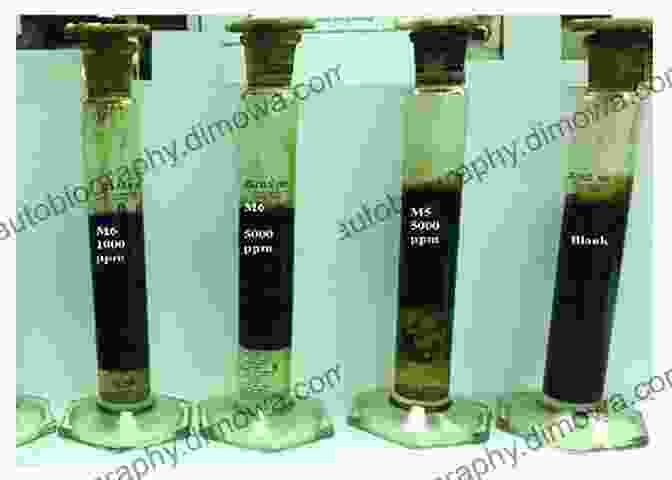
- Biocides: Biocides are used to control microbial growth in refinery systems. Bacteria and other microorganisms can accumulate in water or oil storage tanks, causing corrosion, fouling, and other operational issues. Biocides effectively eliminate these microorganisms, ensuring system integrity and product quality.
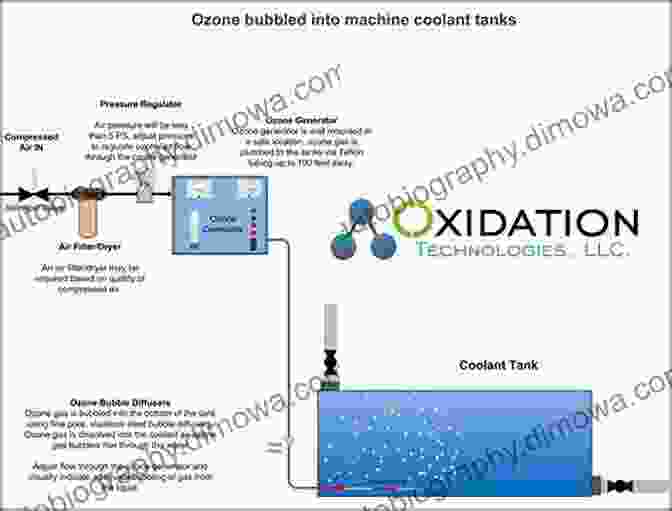
- Scale Inhibition: Scale inhibitors are essential for preventing the formation of scale deposits on heat exchangers, piping, and other refinery equipment. Scale buildup can reduce heat transfer efficiency, increase pressure drop, and cause costly shutdowns. Scale inhibitors form a protective layer on surfaces, preventing the adhesion and accumulation of scale-forming minerals.
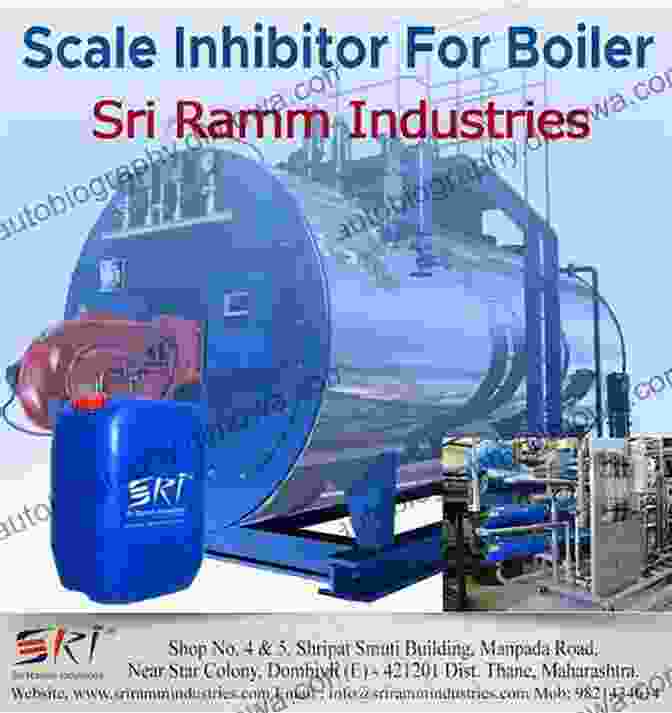
- Water Treatment Chemicals: Water treatment chemicals are used to purify water used in refinery processes. This includes chemicals for pH adjustment, coagulation, flocculation, and disinfection. By ensuring the quality of water used in boilers, cooling towers, and other systems, these chemicals prevent corrosion, fouling, and the growth of microorganisms.
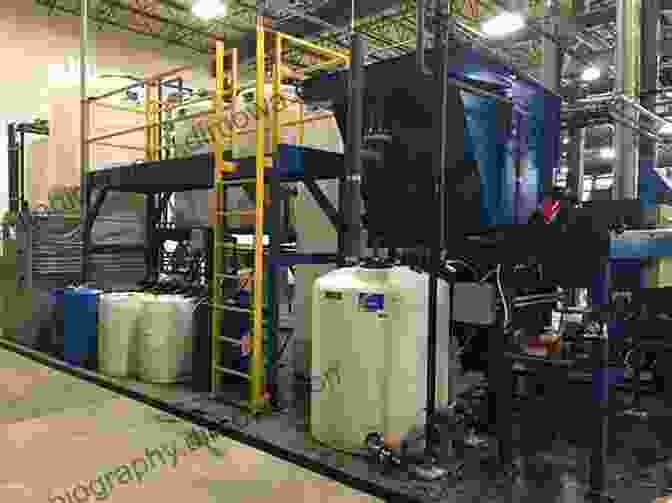
Chemicals in Pipeline Operations
In pipelines, chemicals are primarily employed for the following purposes:
- Corrosion Inhibition: As in refineries, corrosion inhibitors are critical for protecting pipelines from the corrosive effects of the fluids being transported. These inhibitors form a protective layer on the internal surfaces of pipelines, preventing rust and other forms of corrosion that can compromise their integrity.
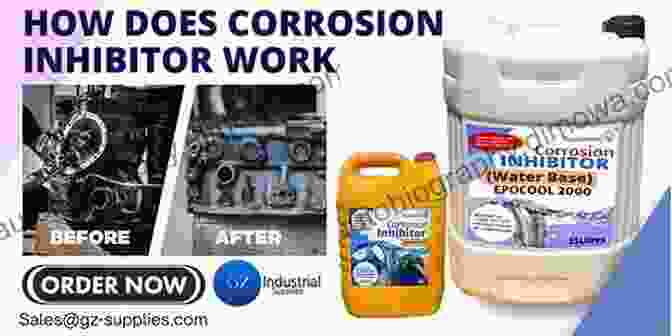
- Wax Inhibition: Wax inhibitors are used to prevent the formation of wax deposits in pipelines. Wax buildup can obstruct flow, increase pressure drop, and potentially lead to costly shutdowns. Wax inhibitors dissolve waxes and keep them in suspension, ensuring smooth product flow and maintaining pipeline integrity.

- Drag Reduction Agents: Drag reduction agents are chemical additives that reduce the frictional resistance of pipeline fluids. By reducing drag, these agents improve flow efficiency, reduce energy consumption, and increase pipeline throughput.
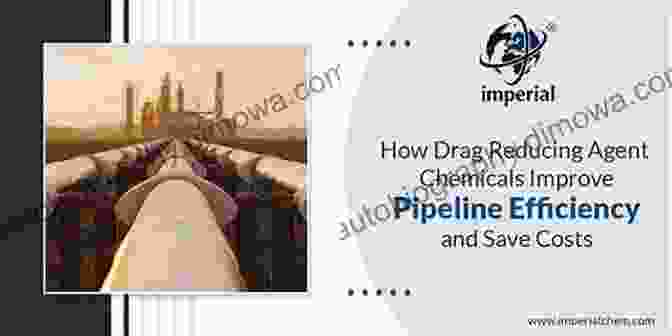
- Biocides: Biocides are used to control microbial growth in pipelines. Microbial activity can lead to the formation of biofilms, which can cause corrosion, reduce flow efficiency, and contaminate the transported products. Biocides effectively eliminate these microorganisms, ensuring pipeline integrity and product quality.
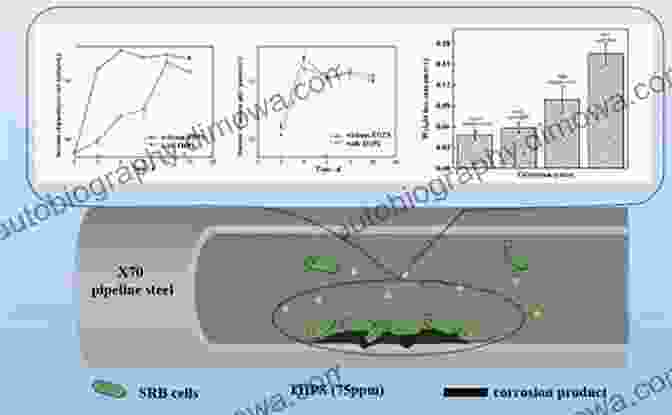
Optimizing Chemical Use
Optimizing the use of chemicals in refineries and pipelines is crucial for maximizing efficiency, minimizing costs, and ensuring operational safety. Here are some key considerations for achieving optimal chemical use:
- Proper Selection: Selecting the right chemicals for specific applications is essential. Different chemicals have different properties and functions, so it is important to choose the most appropriate products for the intended purpose.
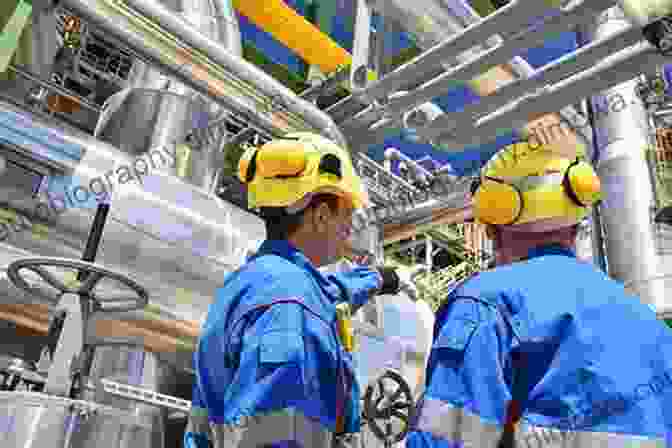
- Dosage Optimization: The dosage of chemicals should be carefully controlled to achieve the desired results without overdosing or underdosing. Overdosing can lead to increased costs and potential operational issues, while underdosing may compromise the effectiveness of the chemicals.

- Monitoring and Control: Regular monitoring of chemical levels and performance is essential to ensure that the chemicals are working effectively and that their dosage is being optimized. This can be accomplished through periodic sampling, testing, and data analysis.
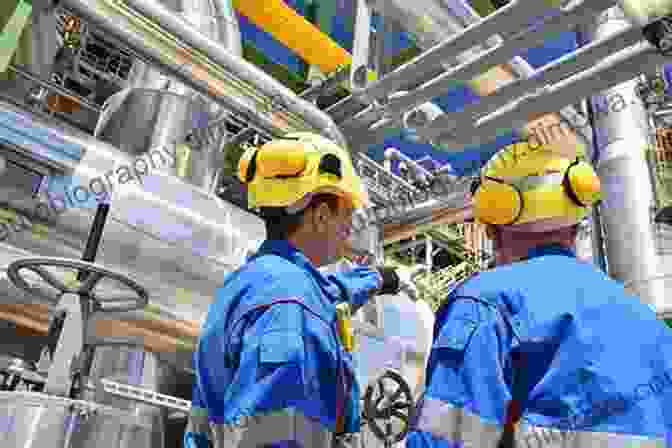
- Safety Considerations: Chemicals used in refineries and pipelines can be hazardous, so it is crucial to follow all safety protocols and guidelines. Proper storage, handling, and disposal procedures must be strictly adhered to to minimize risks to personnel and the environment.

Chemicals play an indispensable role in the refining of crude oil and the transportation of refined products through pipelines. By understanding the practical applications and optimizing the use of these chemicals, professionals in these industries can enhance process efficiency, ensure safety, and maximize operational profitability. This comprehensive guide provides a valuable resource for anyone seeking to deepen their knowledge in this field and harness the power of chemicals to achieve optimal results in refineries and pipelines.
4 out of 5
| Language | : | English |
| File size | : | 6542 KB |
| Text-to-Speech | : | Enabled |
| Screen Reader | : | Supported |
| Enhanced typesetting | : | Enabled |
| Print length | : | 240 pages |
Do you want to contribute by writing guest posts on this blog?
Please contact us and send us a resume of previous articles that you have written.
 Book
Book Novel
Novel Page
Page Chapter
Chapter Text
Text Story
Story Genre
Genre Reader
Reader Library
Library Paperback
Paperback E-book
E-book Magazine
Magazine Newspaper
Newspaper Paragraph
Paragraph Sentence
Sentence Bookmark
Bookmark Shelf
Shelf Glossary
Glossary Bibliography
Bibliography Foreword
Foreword Preface
Preface Synopsis
Synopsis Annotation
Annotation Footnote
Footnote Manuscript
Manuscript Scroll
Scroll Codex
Codex Tome
Tome Bestseller
Bestseller Classics
Classics Library card
Library card Narrative
Narrative Biography
Biography Autobiography
Autobiography Memoir
Memoir Reference
Reference Encyclopedia
Encyclopedia Alan Reeder Camponi
Alan Reeder Camponi Moses Omojola
Moses Omojola An Xiao Mina
An Xiao Mina Suzanne Hanchett
Suzanne Hanchett Gogi Pantsulaia
Gogi Pantsulaia Robert E Bartholomew
Robert E Bartholomew Alexander Freed
Alexander Freed Glenn Mccarty
Glenn Mccarty Bonnie Wheeler
Bonnie Wheeler Mike Lees
Mike Lees Rick Van Noy
Rick Van Noy Renju Sridhar
Renju Sridhar Rob Gramer
Rob Gramer Alan Marzilli
Alan Marzilli Jan Young
Jan Young Chuck Johnson
Chuck Johnson Anthony N Penna
Anthony N Penna Annika Lems
Annika Lems Eli Maor
Eli Maor Jinghan Zeng
Jinghan Zeng
Light bulbAdvertise smarter! Our strategic ad space ensures maximum exposure. Reserve your spot today!

 Kurt VonnegutConquer Forest Maladies: A Comprehensive Guide to Major Insect and Disease...
Kurt VonnegutConquer Forest Maladies: A Comprehensive Guide to Major Insect and Disease...
 Gene PowellA Brief History of Mathematical Thought: Illuminating the Tapestry of Human...
Gene PowellA Brief History of Mathematical Thought: Illuminating the Tapestry of Human... Carlos DrummondFollow ·19.1k
Carlos DrummondFollow ·19.1k Roy BellFollow ·13k
Roy BellFollow ·13k Zadie SmithFollow ·7.8k
Zadie SmithFollow ·7.8k Cooper BellFollow ·13.6k
Cooper BellFollow ·13.6k Arthur MasonFollow ·4.5k
Arthur MasonFollow ·4.5k Denzel HayesFollow ·8.8k
Denzel HayesFollow ·8.8k Oscar WildeFollow ·14.4k
Oscar WildeFollow ·14.4k Devin CoxFollow ·8.1k
Devin CoxFollow ·8.1k

 Cruz Simmons
Cruz SimmonsUnlock the Secrets of Effortless Inline Skating with...
Discover the Ultimate Guide to Mastering...

 Richard Simmons
Richard SimmonsThe Novel of Joan of Arc: A Timeless Tale of Courage and...
A Journey Through...

 David Foster Wallace
David Foster WallaceMaster the Art of Skateboarding: Unveiling "The 100 Rules...
Get ready to...

 Jimmy Butler
Jimmy ButlerMishaps and Mayhem from Around the Corner and Across the...
Life is full of surprises, and not all of...

 Victor Hugo
Victor HugoPromised Land Alexander Iron: A Journey of Hope,...
Alexander Iron's...
4 out of 5
| Language | : | English |
| File size | : | 6542 KB |
| Text-to-Speech | : | Enabled |
| Screen Reader | : | Supported |
| Enhanced typesetting | : | Enabled |
| Print length | : | 240 pages |


